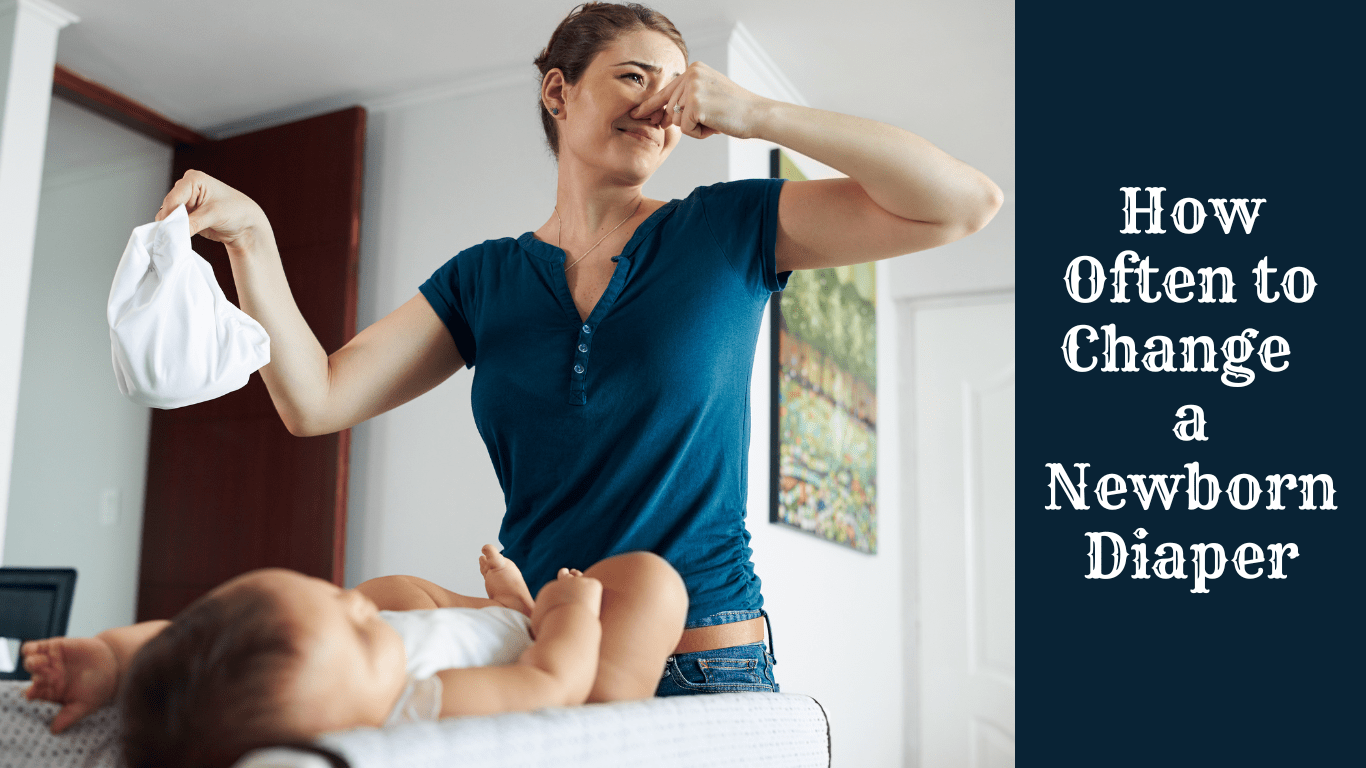How often to change a newborn diaper? Most parents think about changing their newborn diaper right when they know their child is born. However, some parents wait until their child is three or four months old to change them. There are a few reasons why you might choose to stay until your child is a bit older. First, the diapers may be more sophisticated and require more care than when they were new.
Most babies require between changed diapers and one hour of sleep per day. If your baby consistently wakes up more than once a night, you may need to change their diaper more often. Though each baby is unique and will require a different number of diaper changes, it’s crucial to keep this in mind.
Many parents worry about changing their newborn’s diaper often enough, but there is no single answer to this question. A good rule of thumb is to change your newborn’s diaper every two hours, but it depends on the baby and their activity level. Some babies are more active than others, so you may need to change them more often or less often, depending on their needs.

What are the benefits of changing a newborn’s diaper regularly?
There are many benefits of changing a newborn s diaper regularly! Not only will this help to keep babies healthy and comfortable, but it can also make life easier for you and your partner. Here are three reasons why you should change a newborns diaper regularly:
- They Get Clean: Babies often tend to soil their diapers, leading to odor and bacteria build-up. This can make them difficult to clean and can also lead to skin problems down the road. Regularly changing a diaper helps remove all dirt and bacteria, making it easier for your baby to stay healthy and odor-free!
- They Stay Dry: A wet diaper is uncomfortable for babies and can also be dangerous if they fall or get stepped on. They can accumulate bacteria and germs on their skin, which can lead to infection down the road. Changing a wet diaper regularly keeps them dry, eliminating any risk of getting diseases or other problems.
- It Helps Prevent Infections: Hosting a baby can be a fun and exciting time, but it can also be very stressful. This is why it is helpful to have a healthy, clean environment where they can play and grow up with the minimal risk of getting sick.
The importance of talking to your health care professional before changing a newborn’s diaper:
What should you avoid if you don’t have this information?
When changing a newborn s diaper, remember a few things. First, make sure you talk with your health care professional about the best way to do this. This way, they can help ensure that you are doing what is best for your baby and yourself.
If you have concerns about changing a newborn s diaper too often or if it’s not happening on schedule, don’t hesitate to reach out to your health care professional. They can help you figure out how to change the diaper without hurting your baby or themselves.
How often to change a newborn’s diaper depends on the baby’s age and weight:
A guide for parents with small children
When it comes to changing a newborn s diaper, there are a few things you need to keep in mind. First, the average weight of a newborn is about 8 ounces, so you’ll want to change them as often as possible according to their weight and size. Additionally, babies who are younger or have a smaller waist will take longer to get into the diaper for a new one – so it’s important not to wait too long. Finally, ensure you have the right tools and supplies if you want to do this yourself – most parents find it easiest and fastest to go with someone else.
The best time to change a newborn diaper is generally during the morning after feedings:
Some general tips for a newborn diaper
There is no one answer to this question since everyone’s schedule and baby’s weight will vary. However, generally speaking, it is best to change a newborn’s diaper in the morning after feedings. This is because the infant’s digestive system is strongest and functions during the early morning hours, offering more time for digestion and elimination. It is also important to note that even if your baby does not need a diaper at that time, changing them as soon as possible can help prevent skin irritation or infection.
Disadvantages of not changing a newborn diaper regularly:
Reasons why it might be worth doing so
Changing a newborn’s diaper is one of the essential tasks a parent can do for their child. It helps keep their bodies clean and provides them with nutrients and moisture. However, not changing a newborn’s diaper regularly can have some disadvantages.
One downside to not changing a newborn’s diaper regularly is that it might result in them becoming overgrown or stunted. If they lack proper nutrition and hydration, they may experience health problems such as diabetes, heart disease, growth plates, or other congenital disabilities. Additionally, if insufficient water keeps them dry, they might become sick or develop an infection.
Finally, if you don’t change a newborn’s diaper regularly, it might make it difficult for you to get accurate estimates of how often they need to be changed.
Conclusion:
Why changing a newborn diaper is essential, and what strategies may help reduce the risk of infection?
Discipline is important in a newborn’s life. Newborns need to be kept healthy and comfortable, so changing their diapers is an important part of that discipline. Many strategies can help reduce the risk of diaper rash, but it is important to try different methods and see which works best for your baby.




1 thought on “How Often to Change a Newborn Diaper”